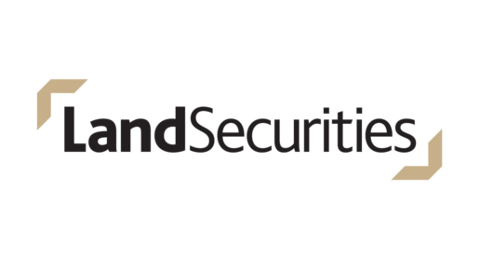One of the big reasons a career in property appeals is its physicality. We like the fact we can step inside the bricks and mortar. Being able to see and touch an asset can be both reassuring and awe inspiring.
But I would like to make a case for leaving our comfort zone and embracing the intangible. I believe some of the most exciting advances in property today are hidden underneath, on top of or deep inside a building — all reducing our industry’s environmental impact. We cannot see what decreased carbon emissions look like, and we don’t know how effective some of our solutions are yet; when it comes to sustainability in property, nothing is set in stone. This lack of tried-and-tested answers, though, is a wonderful opportunity for innovation.
The resource issues facing our planet will be in the spotlight in the run-up to Paris 2015, the UN’s Framework Convention on Climate Change which takes place in December. The property sector will be forced to ask itself whether it is really doing enough to decarbonise the UK economy, and the focus will fall on the largest companies to drive change.
It is a challenge we are prepared for at Land Securities, where we have recently published five ambitious environmental commitments. While it is important to us that these are as clear and measurable as any other business target, we are open about the fact we do not know exactly how we will meet them. This can be unnerving, but I believe that celebrating trial and error is the best way to elevate sustainability above a box-ticking exercise to genuinely make a difference.
We need not make apologies for not having all of the answers, either. As we have seen over the past decade, technology in this field is developing so quickly our customers have everything to gain from us investing time and money in new ways of doing things. After all, customers come to us with lists of their own sustainability targets, but rarely do they prescribe the technologies they want to help them to meet them.
This gives us the freedom to experiment and the flexibility to think about an individual customer’s needs today and tomorrow. Learning as we go means there is no such thing as off-the-shelf or one-size-fits-all sustainability. That is especially attractive for customers with their own targets, such as Deloitte for which a motivating factor in its pre-let at 1 New Street Square was features such as a high-performance façade and integrated roof-mounted photovoltaic panels.
The absence of government guidance or industry-wide standards can also be daunting, but let us look on it as a blank canvas for innovation. In anticipation of future regulatory requirements for low-carbon buildings, we set our own ultra-low carbon standard several years ago to push our thinking forward, and the Zig Zag Building in Victoria is on target to meet this.
Sustainable buildings rarely grab the headlines and this low profile gives us the space we need for our approach to thrive. But it also means some of our greatest achievements remain unsung heroes. Take 20 Fenchurch Street: while all eyes are on the spectacular Sky Garden, we recently switched on the city’s first hydrogen fuel-cell power plant in the building’s basement. We have prepared imagery and text for the space that brings the technology to life, and we are inviting stakeholders to visit, so they can learn from the process at the same time as we do. We may not compete with the social media buzz about the Sky Garden, but maybe we will inspire some ‘fuel cell-fies’.
Our chief executive officer, Rob Noel, talks about sustainability as acting in the right way today, so our stakeholders want to do business with us tomorrow. We do not have a crystal ball, so perhaps it is fitting that successful sustainability starts with welcoming uncertainty. As we continue to test new technologies, we are committed to sharing the results, not just within our own business but with our peers, so that together we can ensure our sector is as sustainable as future generations will expect it to be.
The above article originally appeared in Property Week on 21/08/2015 and Land Securities' website.
